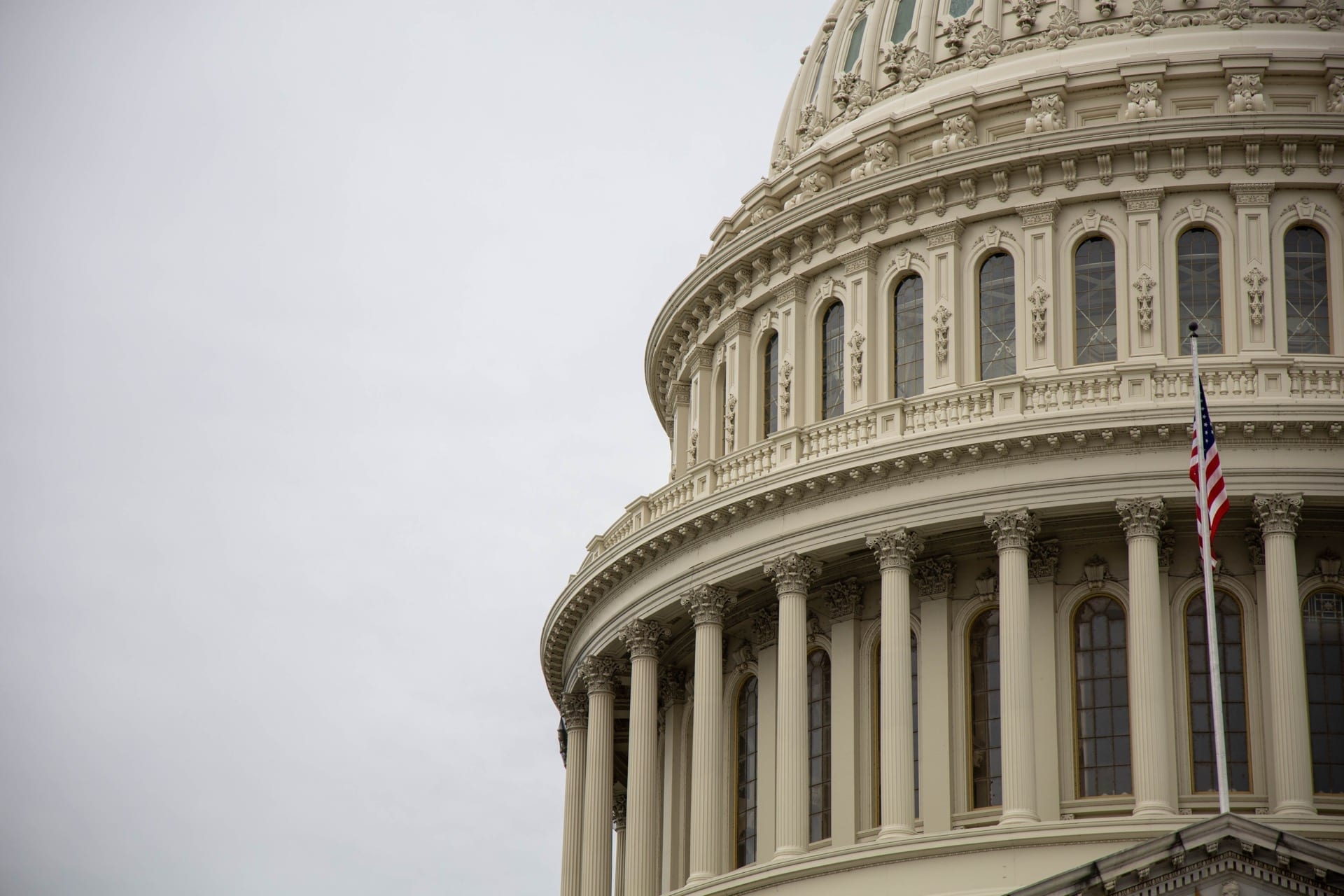We’ve been alerted by our good friends on the conservative side of the political spectrum at Public Opinion Strategies that POS partner Glen Bolger has been posting on a “semi-secret” Democracy Corps poll across the Congressional Battleground and we’d like to take this opportunity to both thank him for taking such an interest in our work and to respond to some of his interpretations of the data. While we do agree with some of what Glen has to say there are other areas where we couldn’t disagree more.
Click here and here to see Glen Bolger’s posts on the Democracy Corps Congressional Battleground survey We’ve been alerted by our good friends on the conservative side of the political spectrum at Public Opinion Strategies that POS partner Glen Bolger has been posting on a “semi-secret” Democracy Corps poll across the Congressional Battleground.
We would like to take this opportunity to both thank him for taking such an interest in our work and to respond to some of his interpretations of our data.
First, we would like to note that this is not a “semi-secret poll.” We have the frequency questionnaire posted at the top of the polling section of our website for everyone to view. Not all of our Democracy Corps surveys and research are released with the same level of “fanfare.” More important, we quibble with Glen’s conclusions about the status of Democratic incumbents and especially about the position of vulnerable Republican incumbents and the Republican Party more generally. Glen asserts that “this is NOT a pox on both your houses of incumbents,” but our analysis of the data, especially when read in the context of other national data, is entirely the opposite. It is true that in this survey, the Republican incumbents have stronger numbers on some attributes than their Democratic counterparts. But that is expected, considering that nearly all of these Democrats are freshmen or sophomores while most of the Republican incumbents have long served their districts.


